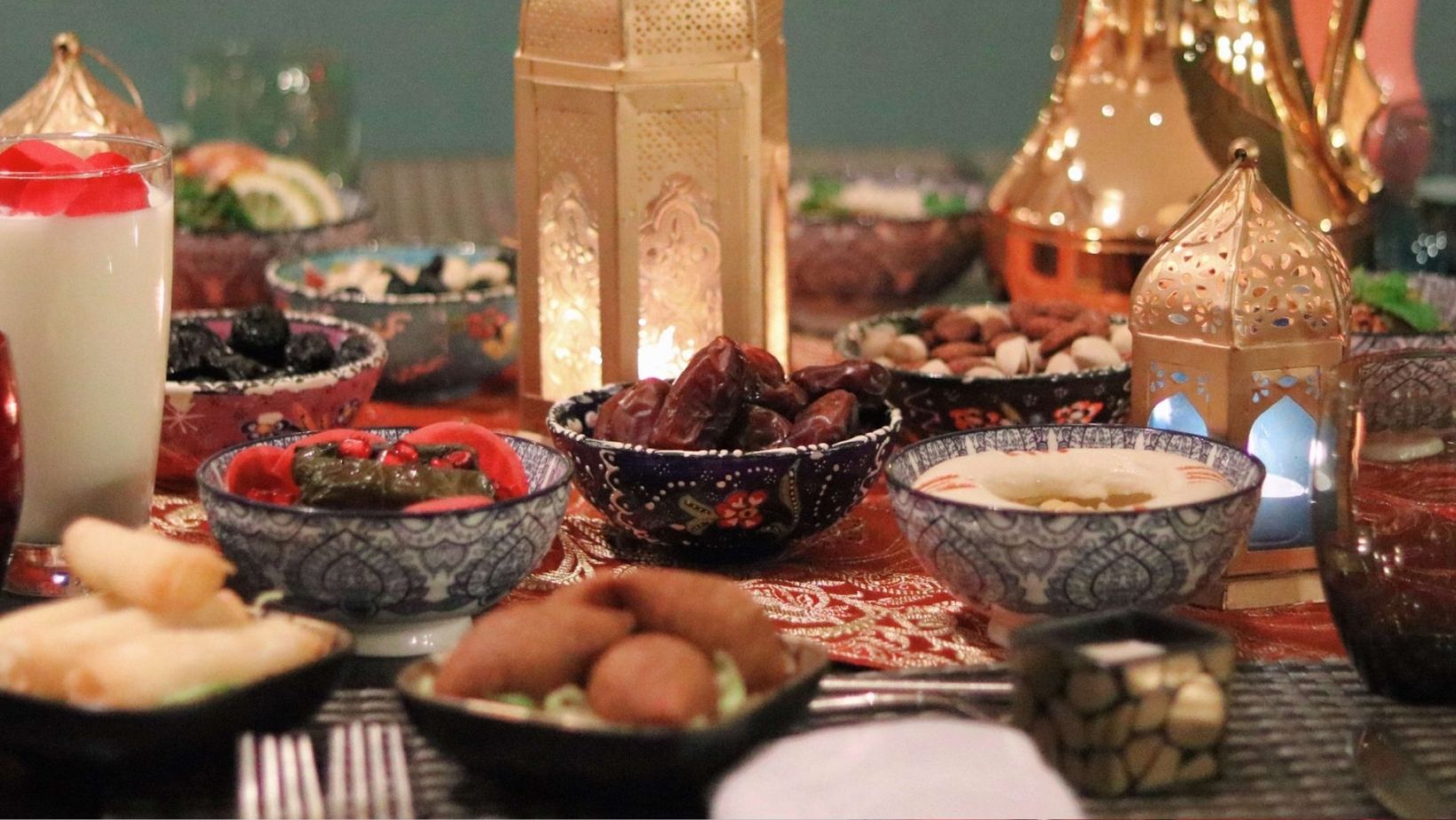
What to Eat During Ramadan: Ramadan is more than just a month of fasting; it’s a time of reflection, self-discipline, and deep spiritual connection. For millions of Muslims around the world, it’s a time to strengthen faith, practice patience, and embrace gratitude. But with long hours of fasting, your body also needs the right nourishment to keep you energized, focused, and healthy.
If you’ve ever felt drained or sluggish during Ramadan, chances are your diet is playing a big role. What you eat before and after fasting can make all the difference. Choosing the right foods can keep your energy levels stable, prevent dehydration, and help you truly enjoy the blessings of this holy month.
So, what should you eat to stay strong, and what should you avoid? Let’s dive into the ultimate Ramadan nutrition guide—one that not only fuels your body but also enhances your spiritual journey.
Imagine waking up before dawn, still half-asleep, and trying to decide what to eat. It’s tempting to grab something quick, or worse, skip sehri altogether. But skipping sehri can lead to fatigue, headaches, and difficulty concentrating throughout the day.
Your pre-dawn meal should be packed with nutrients that keep you full and energized for as long as possible. That means focusing on slow-digesting foods, hydrating ingredients, and essential proteins.
If you plan your sehri wisely, you’ll find it much easier to stay energized and focused during the long fasting hours.
The moment you hear the call to Maghrib prayer, your body is ready for nourishment. But after a full day of fasting, how you break your fast is crucial. Eating too much, too quickly, or choosing the wrong foods can lead to bloating, fatigue, and sluggishness.
If you eat mindfully and listen to your body’s signals, you’ll feel satisfied without feeling sluggish.
Fasting for long hours can leave you dehydrated, especially during hot weather. If you’re not drinking enough fluids between iftar and sehri, you may experience headaches, dizziness, or extreme fatigue the next day.
A well-hydrated body helps you stay focused and energized throughout your fast.
Ramadan is not just about avoiding food—it’s about self-control, gratitude, and spiritual renewal. When you choose healthy, nourishing foods, you’re not just feeding your body; you’re respecting the incredible gift of health that Allah has given you.
Think about this—every bite you take at iftar is a blessing. The simple act of drinking water after hours of fasting feels like a gift. Ramadan teaches us to slow down, appreciate food, and be mindful of what we consume.
If we apply these lessons beyond Ramadan, we can develop healthier eating habits all year long.
What you eat during Ramadan has a direct impact on how you feel—physically, mentally, and spiritually. If you choose foods that nourish your body, you’ll have the energy to fully embrace the month’s blessings. If you eat mindlessly, you may struggle with fatigue, dehydration, and sluggishness.
As you go through Ramadan, ask yourself: Is this food giving me strength, or is it draining my energy? Am I eating for nourishment, or just out of habit?
Your body is a trust from Allah. Take care of it. Choose foods that fuel your fast and uplift your spirit.
What are your favorite Ramadan meals? Share your thoughts and experiences in the comments!
This post was published on March 19, 2025 5:15 pm
Apple Reportedly Planning a cheaper MacBook Air with A18 Pro Chip : A more affordable MacBook Air may soon be…
Another Tricky Wordle? Puzzle #1473 May Test Your Streak : Wordle fans woke up today to tackle another brain-teasing challenge…
Extract gold from smartphone waste, it’s not just possible, it's becoming essential. As our devices age and get replaced, they're…
Private images to train AI are at the center of Meta’s latest privacy controversy. The tech giant, which owns Facebook…
In a historic change to US immigration policy, startup founders can now self-sponsor their own H1B visa. This update, launched…
Massive Surge in Layoffs Alarms American Workforce: Layoffs in the United States have skyrocketed in early 2025, with nearly 7…
This website uses cookies.
privacy policy